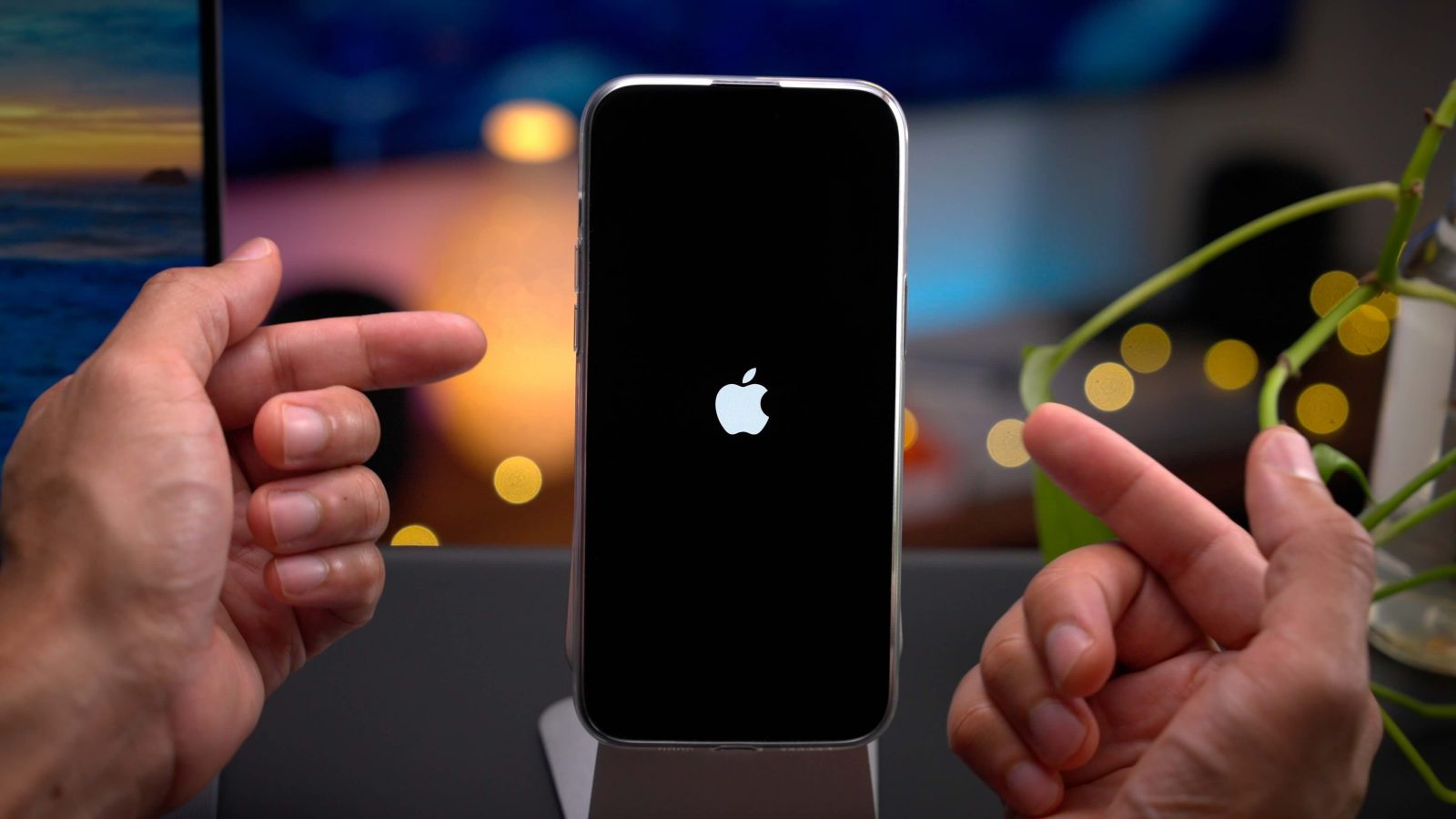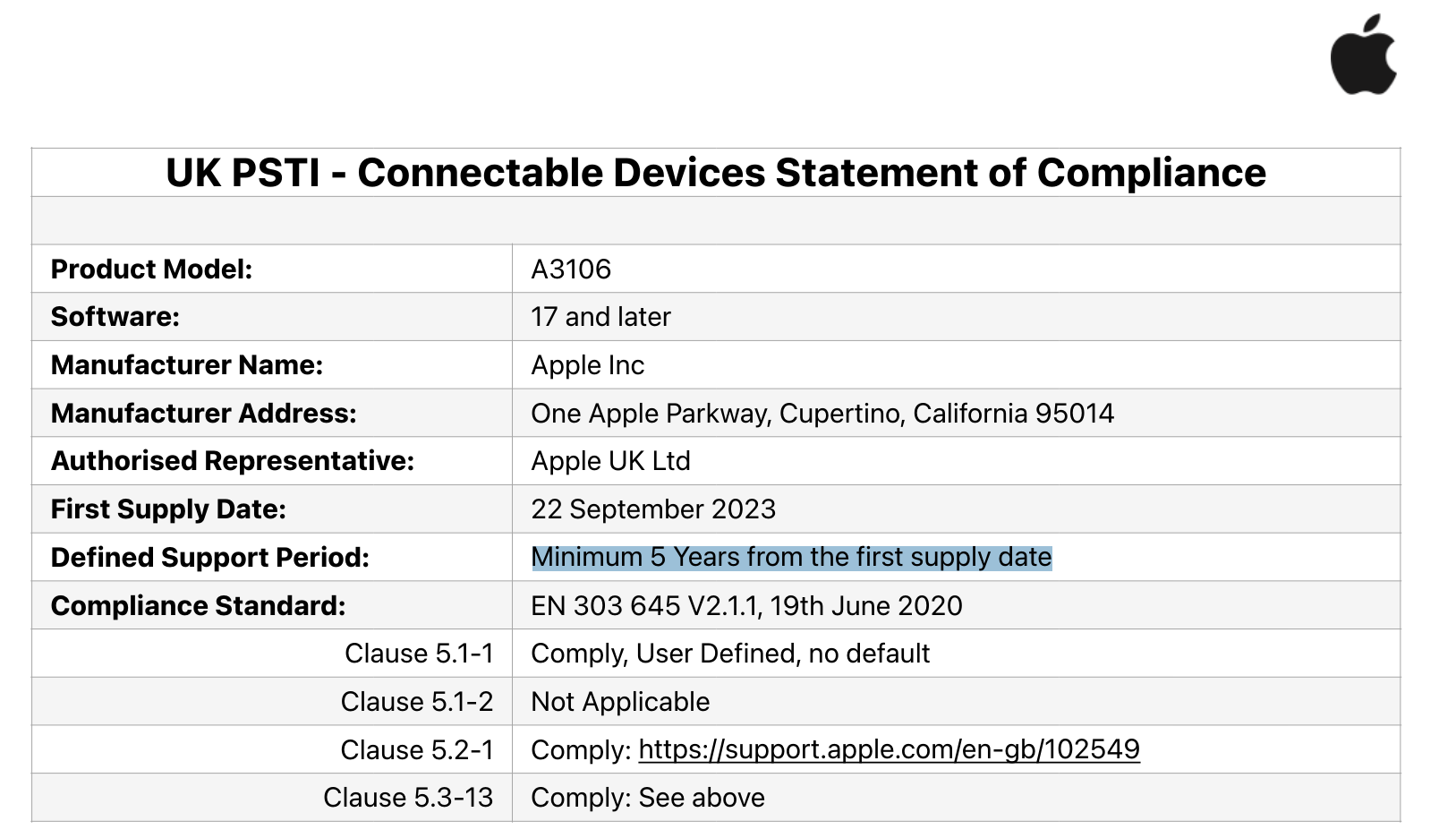In a recent development, Apple and Google have made contrasting commitments to software updates for their flagship devices. Apple has confirmed that it will support new iPhones with security updates for a minimum of five years from their release date.
This is the first time that Apple has explicitly stated a minimum length of software support for an iPhone. Previously, the tech giant had not been transparent about its update policies, leaving many users in the dark about what to expect.
In comparison, Google and Samsung currently offer a minimum of seven years of security updates for their flagship devices. This means that Apple's commitment falls short of its competitors in terms of longevity.
The announcement comes as a result of the UK's Product Security and Telecommunications Infrastructure (PSTI) Act, which requires companies to provide clear information about the minimum support period for their internet-connected products, including security updates.
Apple's iPhone 15 models went on sale on September 22, 2023. According to Apple's commitment, these devices will receive security updates until at least September 22, 2028.
The news has sparked a debate among tech enthusiasts and consumers about which company offers better value for money when it comes to software support. Some argue that Apple's shorter update cycle is a deliberate move to encourage upgrades, while others believe that five years of updates is still a significant investment.
Regardless of the length of the update cycle, it's clear that both Apple and Google are responding to consumer demand for longer-term support. As more people hold onto their devices for longer periods, companies are under pressure to provide updates that keep their devices secure and functional.
It remains to be seen whether other smartphone manufacturers will follow suit and offer similar levels of software support. In the meantime, consumers can use this information to make informed decisions about which device best suits their needs and budget.



